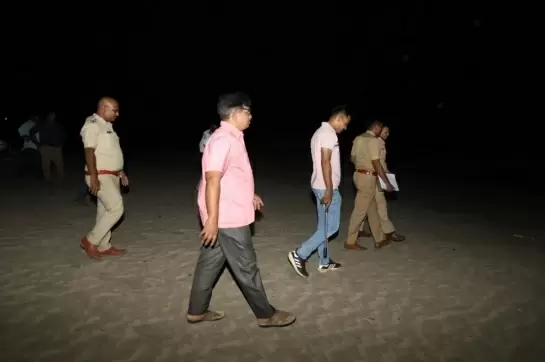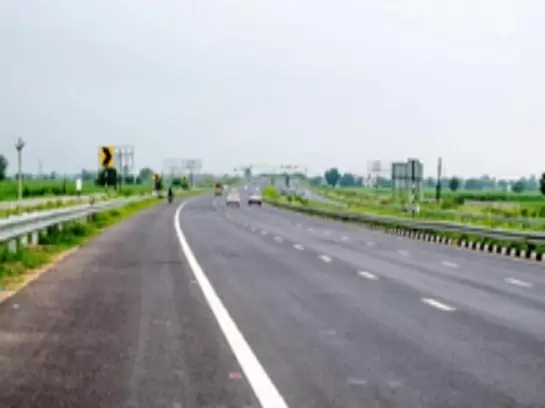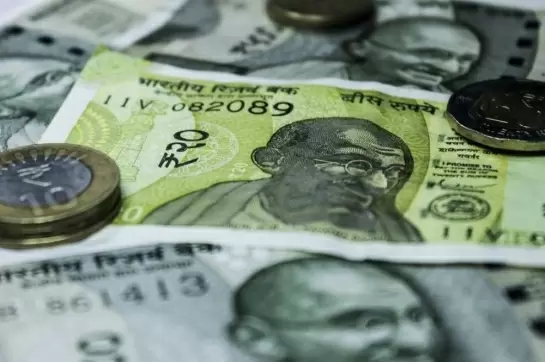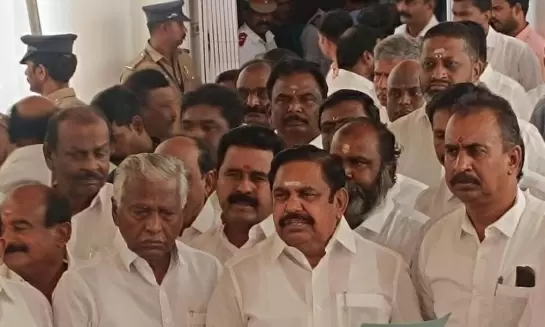WHO urges countries to be vigilant about Omicron Covid variant
New Delhi
27-November-2021
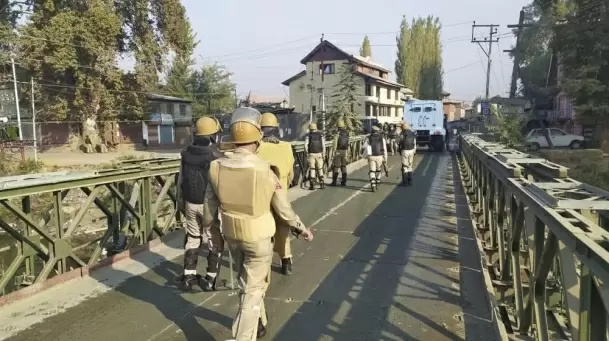
PHOTO: IANS
The World Health Organization (WHO) on Saturday appealed to countries in the South-East Asia region to scale up surveillance, strengthen public health and social measures, and enhance vaccination coverage as a new variant of Covid has emerged.
The global health has said the new strain may pose a higher risk of re-infection than past mutations of the virus
"Though Covid-19 cases have been declining in most countries of our Region, the surge in cases elsewhere in the world and confirmation of a new Variant of Concern, is a reminder of the persisting risk and the need for us to continue to do our best to protect against the virus and prevent its spread. At no cost should we let our guards down," said Dr. Poonam Khetrapal Singh, Regional Director, WHO South-East Asia Region, in a statement.
Countries must enhance surveillance and sequencing. They should assess the risk of importation through international travel based on updated information on circulating variants and response capacities, and take measures accordingly.
"Comprehensive and tailored public health and social measures to prevent transmission must continue. The earlier the protective measures are implemented, the less restrictive they would need to be in order to be effective. The more Covid-19 circulates, the more opportunities the virus will have to change and mutate, and the pandemic will last longer," the Regional Director said.
The most important thing people must do is reduce their risk of exposure to the virus -- wear a mask and wear it properly covering nose and mouth; keep distance; avoid poorly ventilated or crowded spaces; keep hands clean; cover cough and sneeze; and get vaccinated.
Watch This TWL Video
"As of today, 31 per cent of the region's population is fully vaccinated, 21 per cent partially vaccinated while nearly 48 per cent, or about a billion people are yet to receive even a single dose of the Covid-19 vaccine," she said, adding that they continue to be at risk of contracting severe disease due to the virus and spreading it further.
Even after getting vaccinated, everyone must continue to take precautions to prevent becoming infected and to infect someone else who may get severely affected by the virus.
The B.1.1.529 variant was first reported to WHO from South Africa on November 24, 2021. The epidemiological situation in South Africa has been characterized by three distinct peaks in reported cases, the latest of which was predominantly the Delta variant. The first known confirmed B.1.1.529 infection was from a specimen collected on November 9, 2021.
Researchers are working to understand how transmissible or virulent this variant is, and how it will impact diagnostics, therapeutics and vaccines.
Even major vaccine makers including Pfizer & Biotech, Moderna, Johnson and Johnson, and AstraZeneca said on Friday that they are working to quickly investigate and adapt their shots to a new and highly mutated strain of the virus. -IANS
More Headlines
AI Cybersecurity Startup Neural Defend Raises $600K in Pre-Seed Round
Chennai Doctor and Family Found Dead Amid ₹5 Crore Business Loss
Karnataka Withdraws CID Probe in Ranya Rao Gold Smuggling Case
New Kerala Guv Strikes Cordial Tone, Hosts CM Vijayan And FM Sitharaman In Delhi
Digital Payments Surge in India: 18,120 Crore Transactions in FY24-25
AI Cybersecurity Startup Neural Defend Raises $600K in Pre-Seed Round
Chennai Doctor and Family Found Dead Amid ₹5 Crore Business Loss
Karnataka Withdraws CID Probe in Ranya Rao Gold Smuggling Case
New Kerala Guv Strikes Cordial Tone, Hosts CM Vijayan And FM Sitharaman In Delhi
Digital Payments Surge in India: 18,120 Crore Transactions in FY24-25







